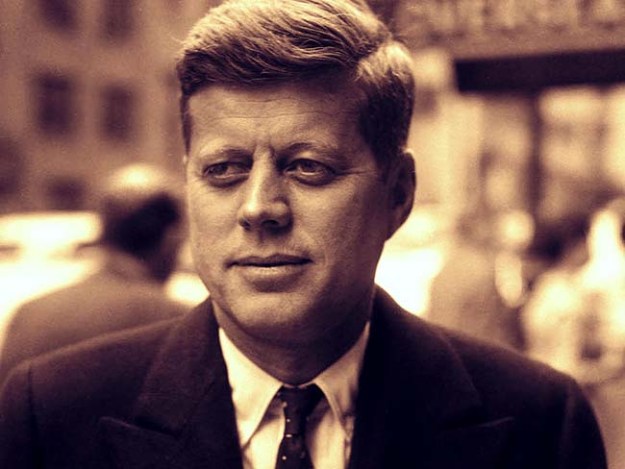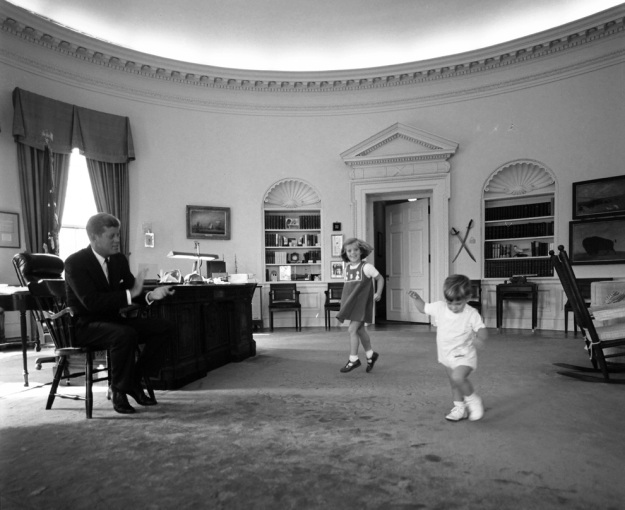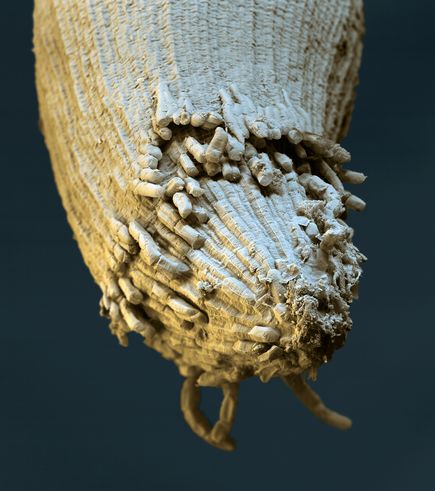
A friend of ours up in Seattle just started a new website called The Gluten Minded, and wanted to feature GlutenFreePDX’s own founder on their opening week. Ben was happy to oblige, and it’s great to have a new resource that features cooks, entrepreneurs, and others in the Gluten-Free community. Thanks to Becky for reaching out! Below is a portion of the interview.

Name: Benjamin VanderVeen
Location: Portland, Oregon
Tell me a bit about yourself and your special involvement in the gluten-free community.
I’m a freelance documentary filmmaker and designer. I’m lucky to work with clients in all walks of life. I have a website, benvanderveen.com, and I run a design blog called Moss and Fog.
I also started GlutenFreePDX as soon as I was diagnosed with celiac disease. I wanted a place where I could list restaurants that cater to my diet. The site has grown and evolved in the past five years. I have lots of daily readers and an active social media community. It’s made me stay on top of stories and news related to the gluten-free lifestyle.
Why are you gluten minded?
I was diagnosed with Celiac Disease in 2008 and have followed a strict gluten-free diet ever since. I have a condition called dermatitis herpetiformis. It manifests as terribly itchy rashes and seriously affected the quality of my life. Because I had symptoms that weren’t stomach-related, I didn’t immediately make the connection that food was the cause. I had a skin biopsy that showed my only course of treatment was a strict gluten-free diet.
What was life like before you stopped eating gluten?
I wasn’t a very mindful eater before becoming gluten-free. I was also in my mid-twenties and still had a metabolism that let me eat just about anything. I liked food a lot, but wasn’t all that into quality.
How did life change after you stopped eating gluten?
Certainly the diet is a major change and I had a period of several months where it was difficult to adjust mentally. I experienced frustration, some denial and anxiety. I still feel frustrated at times, but I’ve learned to deal with my strict diet pretty well. Beyond these challenges, my health has improved dramatically and I’ve begun taking better care of my overall diet and lifestyle.
I also think my sense of empathy has grown since becoming gluten-free. In the past, I didn’t give much credence to strict diets was impatient concerning food allergies. Being on the other side of the issue gives me a sense of vulnerability that has made me more empathetic towards people with food restrictions. I’ve gotten into cooking a bit more, but also GlutenFreePDX requires that I keep up with the Portland food scene, which is fun and motivating.
What is the most challenging part of the gluten-free lifestyle?
I hate to cause a scene with my diet. I don’t like inquiring about what’s in a dish at a restaurant and I don’t like people making extra effort for me. But I’ve had to become vocal, inquisitive and careful. I think standing up for yourself while not being self-righteous is key. Also, I’ve had to stop eating some of my favorite foods, which is tough.
Which foods do you miss the most?
I miss some boxed cereals and really good pies. My mom is a tremendous baker and it’s a major bummer that I can’t partake. And of course, I miss the occasional beer. Beer is pervasive worldwide and it’s a pain in the butt that I can’t saddle up to a bar in Belgium or Argentina or Botswana and just have a beer.
What is the best thing about being gluten-free?
I think the community of gluten-free people is pretty inspiring: lots of people coming together to make their diets interesting and tasty. Plus, you become aware of all the glutenous junk that you used to eat and it feels good to avoid it.
45.562774
-122.635431










 I recently had a meal at an italian restaurant that was overwhelmingly glutenous, but made mention of “gluten free pasta available” in small print at the bottom of their menu. I carefully pointed out the waiter that I was strictly gluten-free, and I requested one of their pastas GF, with a spicy mussel sauce. When the meal arrived, it looked amazing, though the gluten-free penne was unlike any I had seen before. It was all fancy and detailed, and at first bite, had way more spring to it than the pasta I’ve had in recent memory.
I recently had a meal at an italian restaurant that was overwhelmingly glutenous, but made mention of “gluten free pasta available” in small print at the bottom of their menu. I carefully pointed out the waiter that I was strictly gluten-free, and I requested one of their pastas GF, with a spicy mussel sauce. When the meal arrived, it looked amazing, though the gluten-free penne was unlike any I had seen before. It was all fancy and detailed, and at first bite, had way more spring to it than the pasta I’ve had in recent memory.




